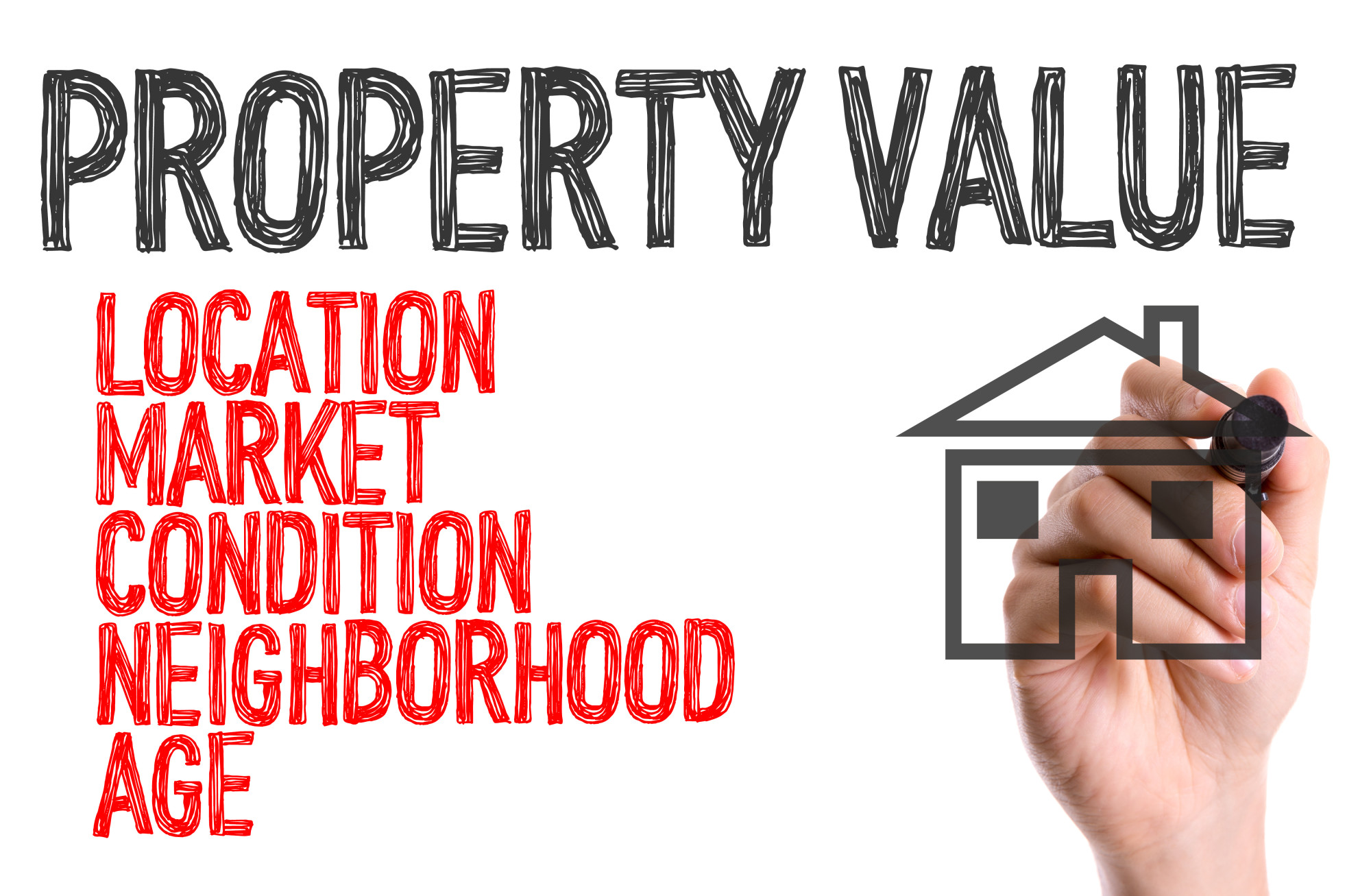As of 2018, the median home price in America was $218,000.
Yet houses are going for a much lower price in places like Iowa and Alabama. And in California and Virginia, it’s easy to pay two or three times as much.
But knowing how much a house costs doesn’t answer another important question: What affects housing prices anyway?
There are many factors that affect property value. Some are easier to spot than others. Read on for a crash course in real estate economics.
1. The Neighborhood
When someone says, “We’re about to go through a bad neighborhood,” they could mean a few things. But while a neighborhood can be “bad” for multiple reasons, it almost always means housing prices are low.
Conversely, a “good” neighborhood is more likely to have housing prices that are at least average for your town, if not above average.
A neighborhood with easy access to downtown is often seen as desirable, for instance. That means the homes there typically cost more.
Schools can also play a big part. If one part of town has great schools and the other side of town has poor ones, the first neighborhood will almost always have higher property values.
2. The Local (and National) Economy
As of this writing, experts mostly agree that the U.S. economy is humming along. However, there are some warning signs that may indicate a downturn in the future.
When the economy is doing well, people feel good about going out there and buying or selling a home. They’re optimistic that the home will be a good investment for a long time.
But when the economy is in a recession or close, the outlook becomes a lot more pessimistic. Housing markets can crash. Some unlucky homeowners will end up with underwater mortgages.
Local and state economies also play a role. So if you’re moving to a Minnesota, you may not know a ton about the state of Minnesota housing. You should learn more about it before you buy a house.
3. Age of the Home
In most cases, a newer home will sell for a higher price. But there are some exceptions. For instance, a well-preserved Victorian mansion is going to command a higher price than a 20-year-old ranch-style house.
There’s an obvious reason for the idea that newer is better — a lot more can go wrong with an old house. The wiring may be bad. The roof may be leaky.
Of course, things can go wrong with new houses as well. But wear and tear is a major concern for the residential real estate market.
4. Interest Rates
When interest rates are high, it takes people longer to pay off a mortgage. When the rates go down, it often leads to increased activity in the housing market.
An interest rate drop of half a percentage point may not feel like a big deal. But if your house cost $400,000, that half a percentage point can mean saving thousands of dollars over the life of the loan.
More Factors That Affect Property Value
A basic understanding of factors that affect property value is critical. If you don’t have that, then you’re not going to understand why your house’s value fluctuates over the years.
There are many more factors than the above list. Learning about real estate markets takes time, but that education can pay off next time you buy or sell a home. For more tips, stay tuned to this blog.

